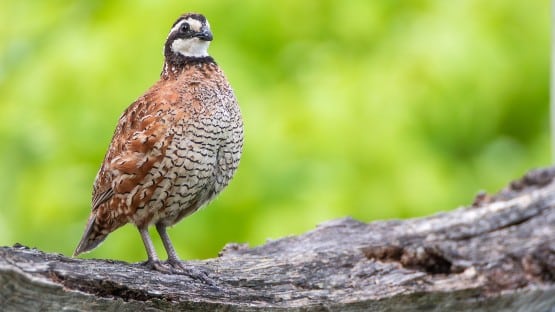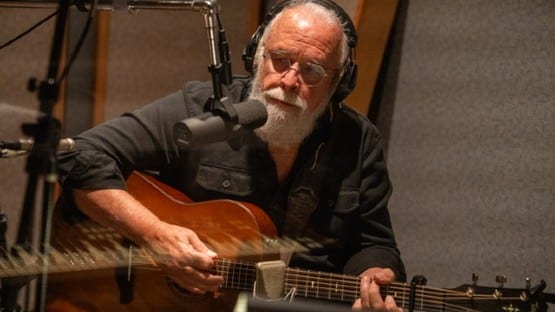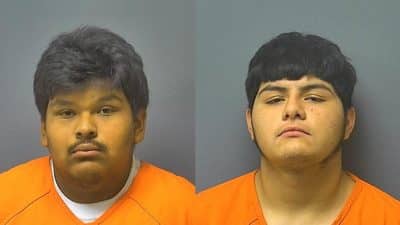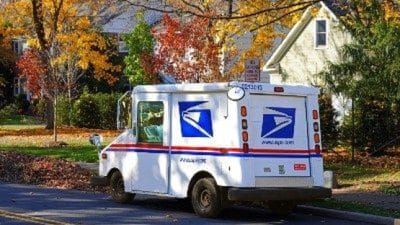
The Virginia Grassland Bird Initiative is accepting applications from producers in 16 Virginia counties through November 15, 2023.
Producers in northern Virginia Piedmont, Blue Ridge and the Shenandoah Valley who are interested in financial incentives for protecting nesting grassland birds during the 2024 haying season are encouraged to apply.
In the third year of VGBI and funded by National Fish and Wildlife Foundation and the Sarah K. de Coizart Perpetual Charitable Trust, the initiative provides up to $35 per acre in exchange for: 1) delaying the first cut of hay until July 1 or later; and/or 2) rotating livestock out of select fields between April 15 and July 1 or later.
Most grassland bird species require wide expanses of grasses for nesting, so the program requires a minimum 20-acre commitment, ideally a large, contiguous patch of grassland distant from thick forest edges and human development.
Native grasslands have suffered more intense impact by humans than any other North American terrestrial ecosystem. Grassland birds responded by adopting hayfields and pasturelands as surrogate habitat.
“Delaying the first hay cutting until at least early July is a game-changer for our grassland birds because it allows the bulk of them to fledge at least one successful clutch of young. That quickly changes a hayfield from being a site of population loss to one of population gain,” said October Greenfield, VGBI co-coordinator and wildlife habitat coordinator at The Piedmont Environmental Council.
Summer pasture stockpiling refers to the practice of rotating livestock out of select fields in the early spring and allowing those fields to rest until early summer. The practice is beneficial for nesting birds, cattle, soil health and producer profitability.
The program’s first participating horse farm was Harlequin Farm in Loudoun County. Owner Paula Bliss trains and coaches people and horses for competitive carriage driving at the farm.
“I’ve seen a really positive impact being able to rotate the horses off some of my fields, let them reseed naturally. I’ve seen an increase in the bird populations and beneficial insects, so it has all been a benefit for me. My business can still function, I can still do everything that I do here and still be part of the program.”
According to Greenfield, the majority of remaining grasslands in Virginia are held in private hands and under agricultural use.
“VGBI gives farmers the opportunity to become partners in conservation by implementing grassland bird-friendly agricultural practices. We work with farmers to create conservation plans that protect grassland birds while simultaneously supporting their production goals,” Greenfield said.
Twenty-seven producers formally enrolled 1,500 acres of land in the first year of the program, while 13 landowners implemented delayed haying or summer pasture stockpiling on another 1,800 acres voluntarily, without the program’s financial incentives. In 2024, VGBI is able to add 1,500 new acres thanks to increased funding this year.
Tim Mize of the Virginia Cooperative Extension and a member of VGBI’s steering committee is excited to see this program gaining traction.
“Although at times they seem at odds, livestock agriculture and wildlife conservation can benefit one another. It just seems obvious to me that this program is a win/win scenario for both,” he said.
Melinda Alexander at Zinnia Ridge Farm in Culpeper County said she had a “fantastic experience” participating in the delayed hay program last year.
“We are grateful to have learned so much and to have been around such knowledgeable and inspiring naturalists while participating in this program.”
The Virginia Grassland Bird Initiative is a partnership of The Piedmont Environmental Council, Smithsonian’s Virginia Working Landscapes, American Farmland Trust and Quail Forever.










